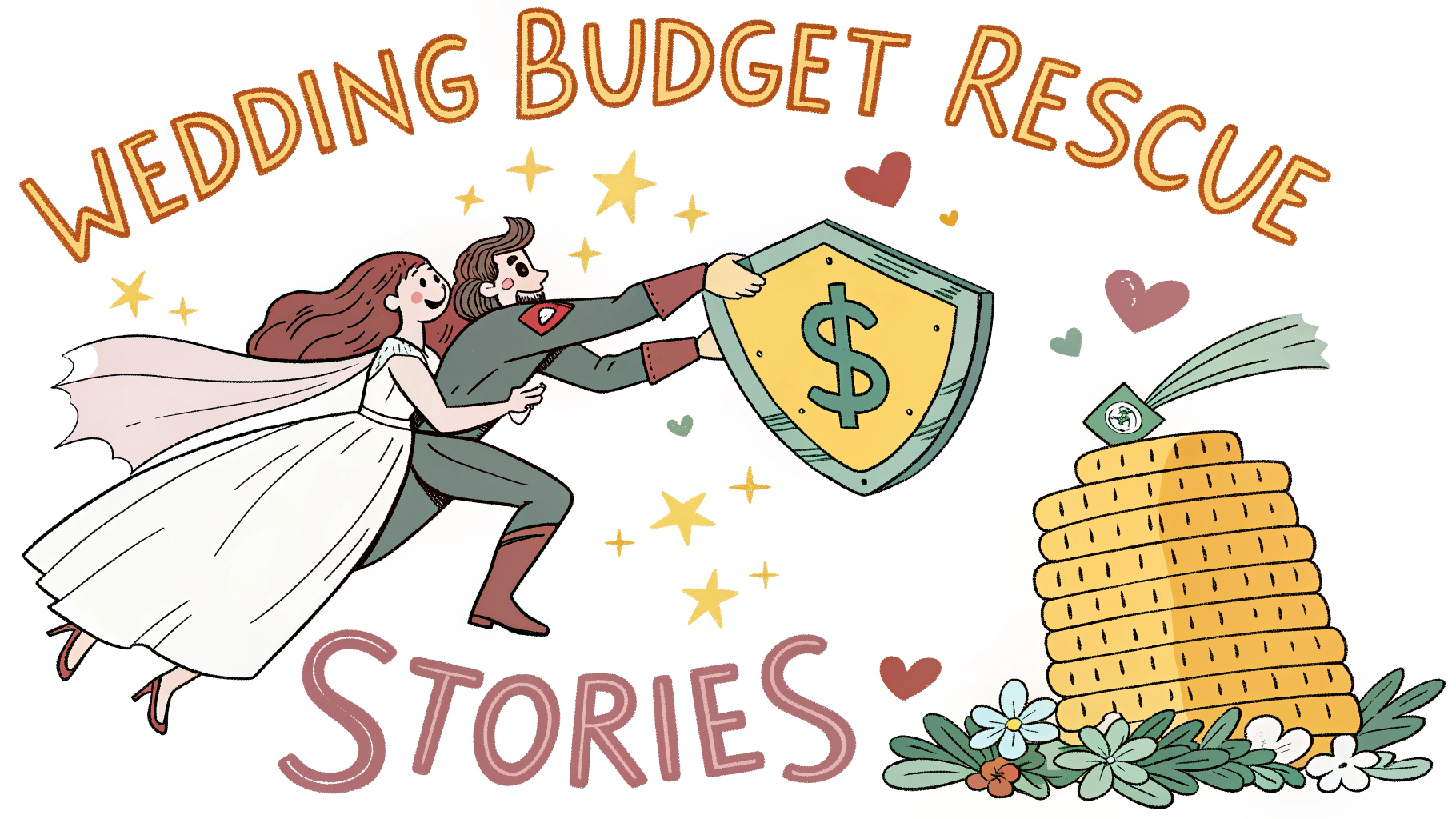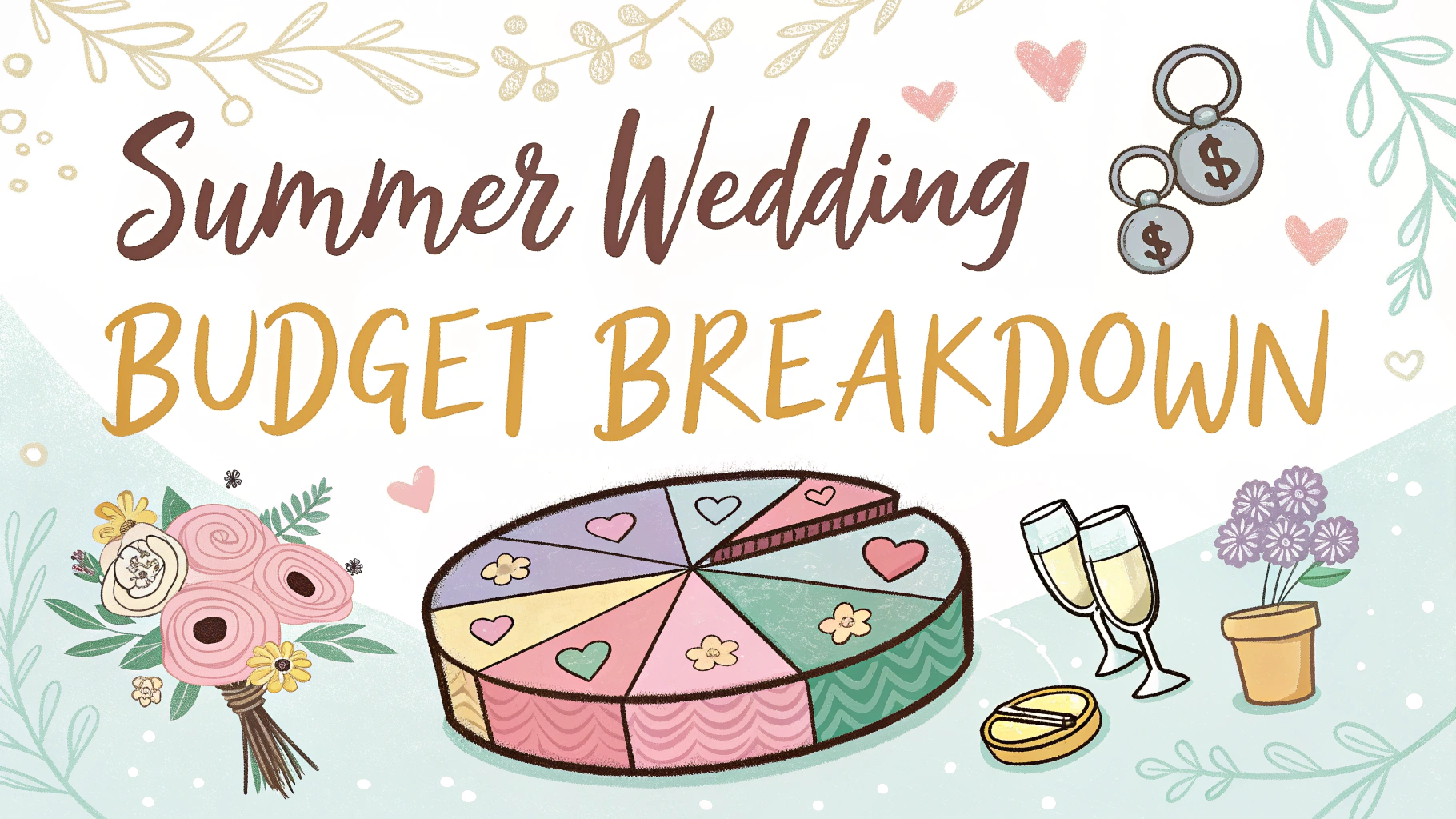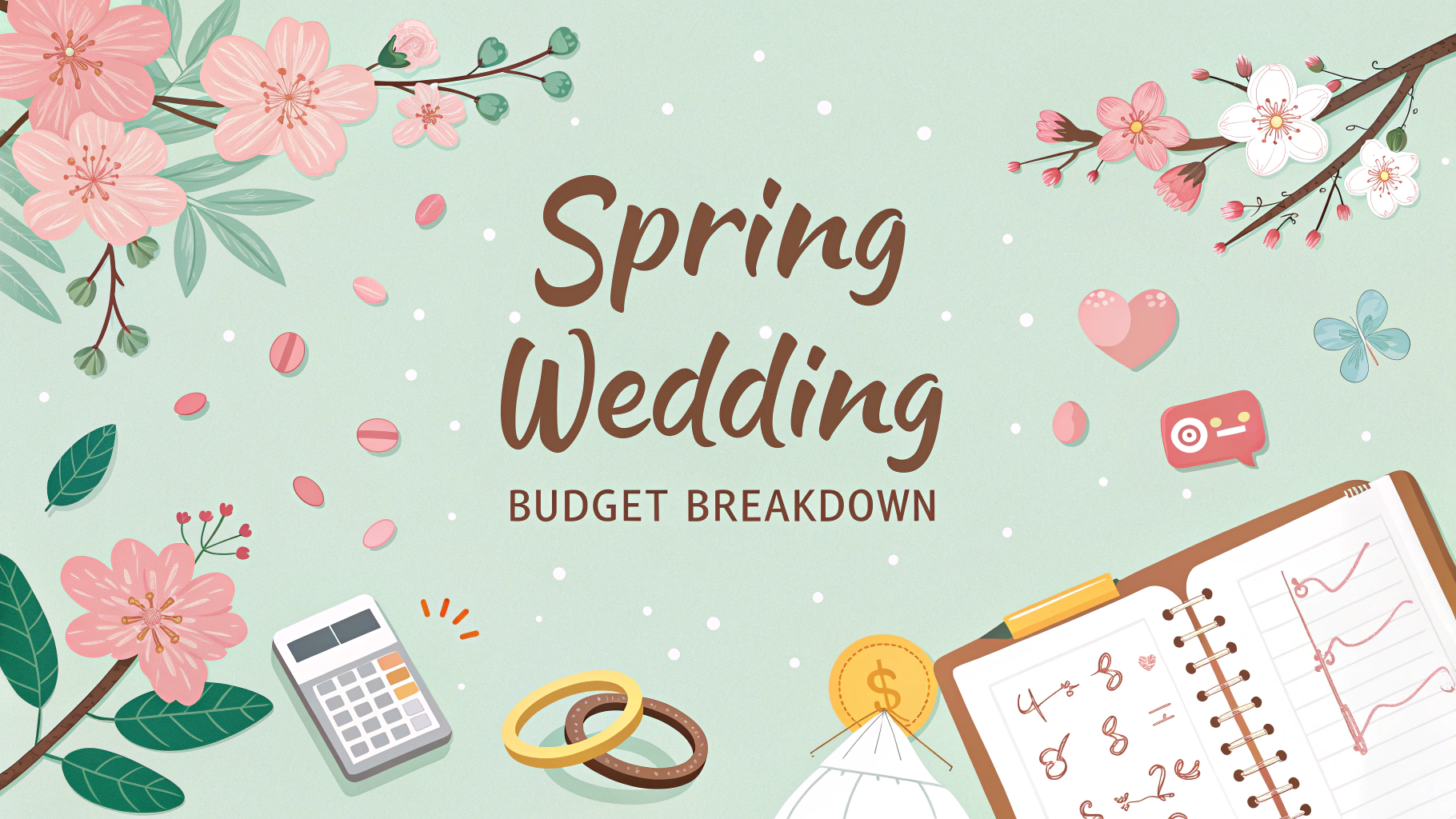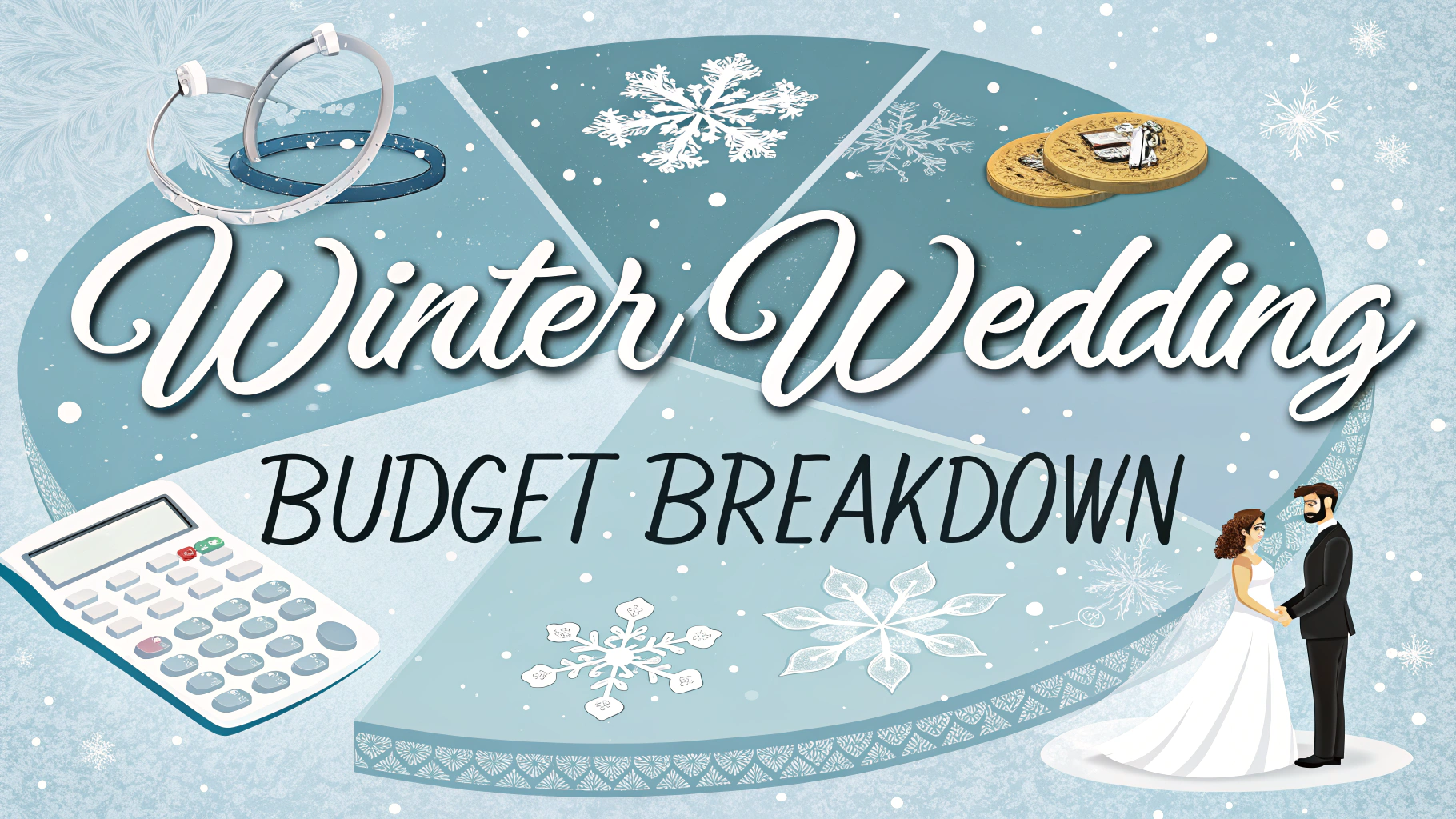Planning a wedding involves working with multiple vendors, making it essential to spot potential issues before signing contracts or making deposits.
Being aware of common warning signs can save couples from stress, financial loss, and potential disappointment on their special day.
This guide covers key red flags to watch for when hiring wedding vendors, along with practical solutions to protect your interests.
Communication Issues
- Slow response times (taking more than 48 hours to reply)
- Vague or unclear answers to specific questions
- Unwillingness to schedule phone calls or meetings
- Poor grammar or unprofessional communication style
Contract and Payment Red Flags
- No written contract offered
- Pressure to pay full amount upfront
- Cash-only payment requirements
- Unclear or missing cancellation policies
- Absence of liability insurance
Professional Background Concerns
Limited or no online presence can indicate lack of experience or legitimacy in the wedding industry.
- No business license or proper permits
- Missing or suspicious reviews
- Unable to provide recent references
- No portfolio or limited work samples
Pricing and Package Issues
- Prices significantly below market average
- Hidden fees or unclear pricing structure
- Reluctance to provide detailed cost breakdowns
- No written quote provided
Experience and Portfolio
- Unable to show recent wedding work
- Photos that look inconsistent or potentially stolen
- No backup plan for emergencies
- Lack of knowledge about current wedding trends and practices
Practical Solutions
- Check references and online reviews thoroughly
- Request sample contracts before making deposits
- Verify business registration and insurance
- Document all communication in writing
- Use secure payment methods with purchase protection
- Consider wedding insurance for additional protection
Next Steps for Safe Vendor Hiring
Create a vendor checklist using these red flags as reference points before making any commitments.
Consider working with a wedding planner who can help vet vendors and spot potential issues.
Always trust your instincts – if something feels off about a vendor, continue your search until you find someone who meets all your requirements and makes you feel confident in their abilities.
Vendor Interview Questions
- How many weddings have you serviced in the past year?
- What backup equipment/staff do you have available?
- Can you provide examples of similar weddings to our vision?
- What is your emergency cancellation policy?
- How do you handle unexpected challenges during events?
Essential Contract Elements
- Detailed service descriptions and deliverables
- Clear payment schedule and refund policies
- Specific dates, times, and locations
- Contingency plans and backup provisions
- Liability and insurance coverage details
Documentation Requirements
- Business license copies
- Insurance certificates
- Written estimates and quotes
- Signed contracts with all terms
- Payment receipts and confirmations
Building a Vendor Safety Net
Research multiple vendors for each service category to have backup options available.
- Create a vendor comparison spreadsheet
- Maintain detailed records of all interactions
- Set up a dedicated wedding email for vendor communication
- Keep copies of all agreements and payments
Securing Your Dream Wedding Day
Careful vendor selection is crucial for wedding success. Take time to thoroughly evaluate each potential vendor, maintain clear documentation, and trust your judgment throughout the process.
Remember that reputable vendors will welcome your questions and concerns, providing transparent information about their services and business practices.
By following these guidelines and remaining vigilant for warning signs, couples can confidently build a reliable team of professionals to bring their wedding vision to life.
FAQs
1. What are major red flags in a vendor’s communication style?
Slow response times (over 48 hours), unprofessional emails, reluctance to schedule meetings, and poor listening skills when discussing your vision are significant warning signs.
2. How should I verify a wedding vendor’s legitimacy?
Check their business license, insurance coverage, read verified reviews, ask for references, and verify their physical business address and membership in professional associations.
3. What payment practices should raise concern?
Demanding full payment upfront, cash-only policies, reluctance to provide detailed contracts, unclear refund policies, and hidden fees not disclosed in initial consultations.
4. What should I look for in a vendor’s contract?
Missing crucial details like specific dates, times, services, contingency plans, cancellation policies, or vague language about deliverables are red flags in vendor contracts.
5. How can I spot fake portfolio images?
Look for inconsistent image quality, watermarks from other photographers, inability to provide recent work samples, or reluctance to show complete wedding galleries.
6. What are warning signs in a vendor’s experience level?
Inability to provide references from recent weddings, lack of backup equipment, no emergency contingency plans, or unfamiliarity with your venue should raise concerns.
7. What pricing practices indicate potential problems?
Prices significantly below market rate, numerous undisclosed fees, reluctance to provide itemized quotes, or pressure to upgrade packages are concerning pricing practices.
8. How can I tell if a vendor is overbooked?
Multiple wedding bookings on the same day, difficulty scheduling meetings, delegating important communications to assistants, or being vague about availability are signs of overbooking.
9. What should raise concerns about a vendor’s professionalism?
Showing up late to meetings, inappropriate attire, speaking negatively about other vendors or past clients, and lack of proper business documentation are red flags.
10. When should I be concerned about a vendor’s social media presence?
Inactive accounts, negative reviews without responses, inconsistent posting quality, or significant discrepancies between advertised and actual work should raise concerns.
11. What equipment-related issues should worry me?
Lack of backup equipment, outdated technology, poor maintenance of tools, or inability to demonstrate proper working equipment during consultations are concerning signs.
12. How can I identify potential collaboration issues?
Unwillingness to work with other vendors, poor reputation among other wedding professionals, or resistance to venue requirements indicate potential collaboration problems.








